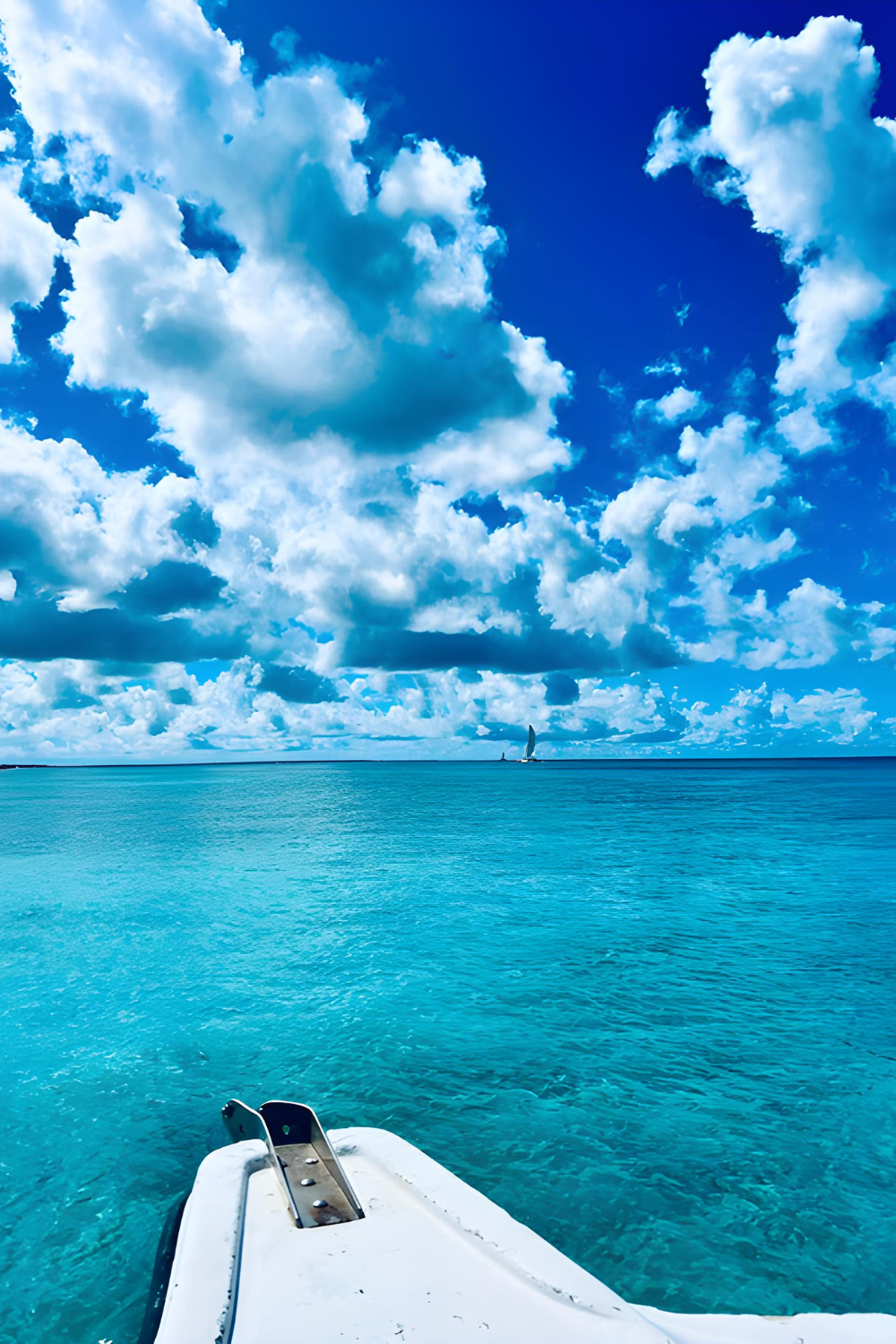
🌱 Protecting Paradise for Future Generations
Saona Island's pristine beauty comes with great responsibility. As one of the most visited destinations in the Caribbean, we must balance tourism with conservation to ensure this natural paradise remains unspoiled for future generations. Learn about our commitment to sustainable practices and how you can be part of the solution.
🏛️ Protected Status and Legal Framework
Saona Island is part of the East National Park (Parque Nacional del Este), established in 1975. This legal protection ensures that the island's ecosystems are preserved under Dominican environmental law.
🛡️ Protection Measures:
- • 420 square kilometers of protected land and marine areas
- • Strict regulations on development and construction
- • Controlled access and visitor limits
- • Marine protected zones for coral reef conservation
- • Monitoring programs for wildlife and ecosystems
🌊 Marine Conservation Efforts
The waters surrounding Saona Island are home to diverse marine life, including endangered species. Conservation efforts focus on protecting these vital ecosystems.
🐢 Species Protection:
- • Sea turtle nesting site protection
- • Manatee habitat conservation
- • Coral reef restoration projects
- • Starfish population monitoring
- • Fish spawning area protection
🌊 Water Quality:
- • Regular water quality testing
- • Pollution prevention measures
- • Waste management systems
- • Chemical-free zone enforcement
- • Sewage treatment requirements
♻️ Our Sustainable Practices
As responsible tour operators, we've implemented numerous eco-friendly practices to minimize our environmental impact while providing exceptional experiences.
🚢 Eco-Friendly Transportation
- • Fuel-efficient boats: Modern engines that reduce emissions
- • Group tours: Maximizing passenger capacity to reduce trips
- • Route optimization: Planned routes to minimize fuel consumption
- • Regular maintenance: Well-maintained boats operate more efficiently
- • Speed management: Optimal speeds to reduce environmental impact
🍽️ Sustainable Food and Beverage
- • Local sourcing: Supporting Dominican farmers and fishermen
- • Seasonal menus: Using ingredients when they're naturally available
- • Minimal packaging: Reducing single-use plastics
- • Organic options: Choosing pesticide-free ingredients when possible
- • Portion control: Reducing food waste through proper planning
🗑️ Waste Management
- • Pack it in, pack it out: All waste returns to mainland
- • Recycling programs: Separating materials for proper processing
- • Reusable items: Encouraging guests to bring water bottles
- • Biodegradable products: Using eco-friendly cleaning supplies
- • Education: Teaching guests about waste reduction
👥 Community Involvement
Sustainable tourism must benefit local communities. We work closely with residents of Mano Juan and surrounding areas to ensure tourism provides economic opportunities while preserving their way of life.
🤝 Community Benefits:
- • Local employment: Hiring guides, boat operators, and staff from the area
- • Artisan support: Promoting local crafts and products
- • Cultural preservation: Maintaining traditional fishing practices
- • Education programs: Environmental awareness in schools
- • Infrastructure support: Contributing to community improvements
🌿 How You Can Be a Responsible Traveler
Every visitor has the power to make a positive impact. Here's how you can help protect Saona Island during your visit:
🧴 Use Reef-Safe Products
- • Mineral sunscreen: Zinc oxide or titanium dioxide based
- • Avoid chemicals: No oxybenzone, octinoxate, or parabens
- • Biodegradable soap: If using any personal care products
- • Natural repellent: Plant-based insect repellents
🐠 Respect Marine Life
- • Look, don't touch: Observe starfish and coral from a distance
- • No feeding fish: Human food can harm marine animals
- • Stay in designated areas: Respect swimming and snorkeling zones
- • Take only pictures: Leave shells, coral, and creatures where you find them
🌱 Minimize Your Footprint
- • Bring reusable items: Water bottles, bags, and utensils
- • Stay on paths: Protect vegetation by walking in designated areas
- • Conserve water: Use sparingly when rinsing off
- • Choose eco-tours: Select operators with sustainable practices
📊 Measuring Success
Conservation efforts require ongoing monitoring and adaptation. Here's how we track our progress:
📈 Environmental Metrics:
- • Water quality measurements
- • Marine life population counts
- • Coral reef health assessments
- • Waste reduction percentages
- • Carbon footprint calculations
🎯 Social Impact:
- • Local employment rates
- • Community income levels
- • Education program participation
- • Tourist satisfaction surveys
- • Cultural preservation indicators
🔮 Future Initiatives
We're continuously working to improve our sustainable practices and support new conservation initiatives:
- • Solar power integration: Renewable energy for facilities
- • Coral restoration: Active reef rehabilitation projects
- • Plastic-free operations: Eliminating single-use plastics entirely
- • Carbon offset programs: Neutralizing our transportation emissions
- • Research partnerships: Supporting marine biology studies
- • Technology adoption: Using apps to reduce paper waste
🚨 Climate Change Challenges
Saona Island faces real threats from climate change, including:
- • Rising sea levels affecting coastal areas
- • Ocean acidification harming coral reefs
- • Increased storm intensity and frequency
- • Temperature changes affecting marine life
- • Changing precipitation patterns
Join Us in Protecting Paradise
Choose sustainable tourism and be part of the solution. Book your eco-friendly Saona Island adventure today!
